When my oldest was about two years old, he'd follow me everywhere. Like most toddlers, he was glued to me. Whether I was washing dishes, cleaning the bathroom, or cooking, he wanted to be involved. The same was true for my younger children, although they also followed their older siblings around.
As a Montessori teacher at the time, I used this as an opportunity to involve my young children in household chores. I didn't force them into it, they wanted to help! I remember my kids happily washing dishes, cleaning toilets, sweeping, and hanging up laundry with an impressive work ethic. Today, they don't share the same enthusiasm for all these tasks, but we still implement age-appropriate chores.
What are the benefits of chores for kids and how can you include your child in household tasks?
Montessori Chores: Why Children Love Helping
From birth, Montessori observed that children begin a lifelong journey toward independence. Children strive to do things "all by myself!"
As Montessori herself said, "Little children, from the moment in which they are weaned, are making their way toward independence."
This natural desire leads children to copy adults from a young age. Noticing this, Montessori created the practical life curriculum. Children learn essential life skills such as sweeping, cleaning up a spill, and feeding and dressing themselves.
Children love these activities because they meet their inner need for activities that help them achieve independence. All parents and caregivers need to do is create the space for this to happen.
How to Include Children in Chores
Parents can set up the home in a way that makes it easy for children to help with simple tasks. A helper tower in the kitchen and bathroom helps children participate in daily routines such as meal prep and hygiene.
Also, provide child-sized furniture and utensils. This way, children can set the table and eat independently. Or, children can work at a table to fold laundry or prepare a snack. Using a child-sized table ensures your little one can complete the task without help.
In my experience, simply involving children when they ask is all it takes. Or, invite them to help. Taking the time to teach your little one to help is well worth the reward. By teaching your toddler, you invest in your child's ability to help as they grow.
Also, keep in mind that by involving your child, you're setting an example that everyone can help. When we chase children out of the kitchen and away from chores, we're saying "chores are for grown-ups." Montessori knew that when we give children responsibility, they grow into it and thrive in it.
As Montessori said, "The great gifts we can give our children are the roots of responsibility and the wings of independence.”

Montessori Inspired Chore Chart for Kids by Age
This Montessori-aligned chore list includes age-appropriate chores for kids. My own children have done and continue to do many of these chores. I hope you can enjoy these chores for kids in your home, too.
Montessori Chores for Toddlers (18 months through 3 years old)
- Putting away toys
- Sweeping the floor
- Setting and clearing the table
- Watering plants
- Helping with food prep (chopping soft foods with a wooden knife, stirring, making shapes with bread dough, etc.)
- Washing windows
- Preparing a snack
- Sorting laundry by color or match socks
- Feeding pets
- Wiping off the table
Montessori Chores for 3 - 6 year olds
- Hanging up laundry
- Loading or unloading the dishwasher
- Cleaning the toilet
- Folding and putting laundry away
- Gardening (weeding, planting seeds, etc.)
- Cleaning their room (putting toys away, putting clothes in the hamper, making the bed)
- Vacuum with a handheld vacuum
- Dusting furniture
- Washing dishes
- Preparing more complex snacks and foods such as salads and sandwiches
Montessori Chores for Elementary-Aged Children
- Preparing more complex snacks and foods such as scrambled eggs, muffins, boiling pasta, etc.
- Sewing and repairing clothes
- Help look after younger siblings
- Change bed sheets
- Vacuum carpets
- Wash the car
- Caring for pets (giving the dog a bath, walking the dog, etc.)
- Cleaning the bathroom
- Mopping floors
- Doing laundry (running the washing machine)

How to Get Kids to Do Chores with Joy
Involving children in chores from a young age boosts their interest. It can also help to show your children the benefits of chores. For example, you might say, "Thanks for washing the dishes. Now we have clean dishes to use again."
Seeing the benefits of their work helps children achieve joyful obedience. At this stage of obedience, children do what they're asked to do joyfully because they see the benefits of the request.
That said, no one is always in the mood to do chores. As an adult, I'm not always excited about cleaning bathrooms or making dinner. Yet, they are part of my responsibilities, so I do them. Similarly, children won't always be excited about doing chores.
In our house, we put a positive spin on daily chores by putting on upbeat music and working together. We also generally do a big clean together on Saturday mornings. Other daily chores are also part of our routine and happen throughout the day.
How do you handle chores in your house?
Want to see the research on the benefits of chores? Read this post that untangles the Harvard study on chores.
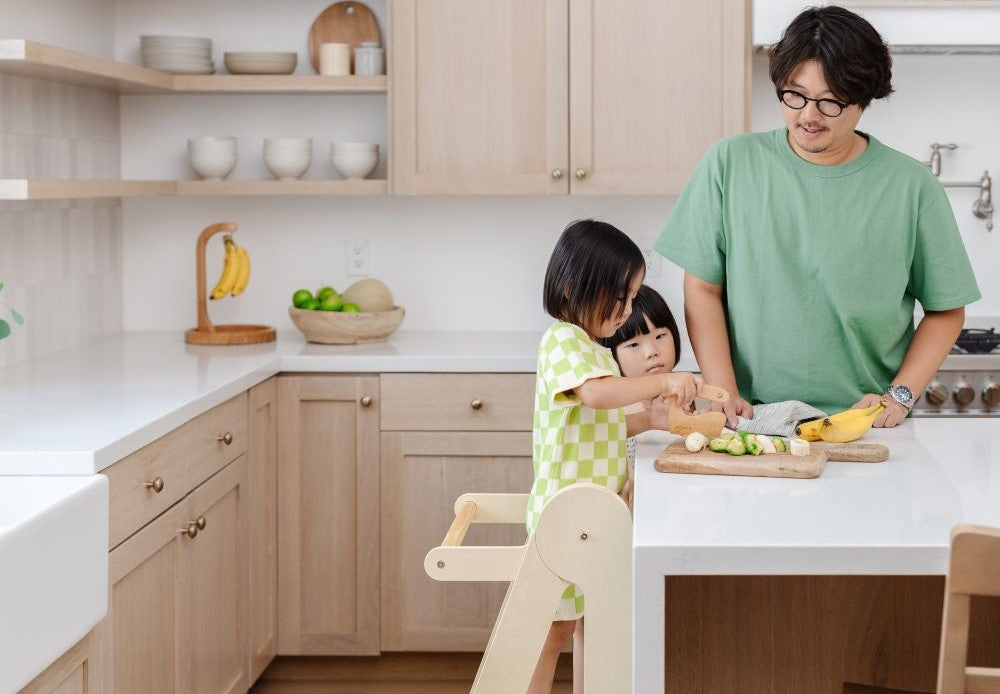

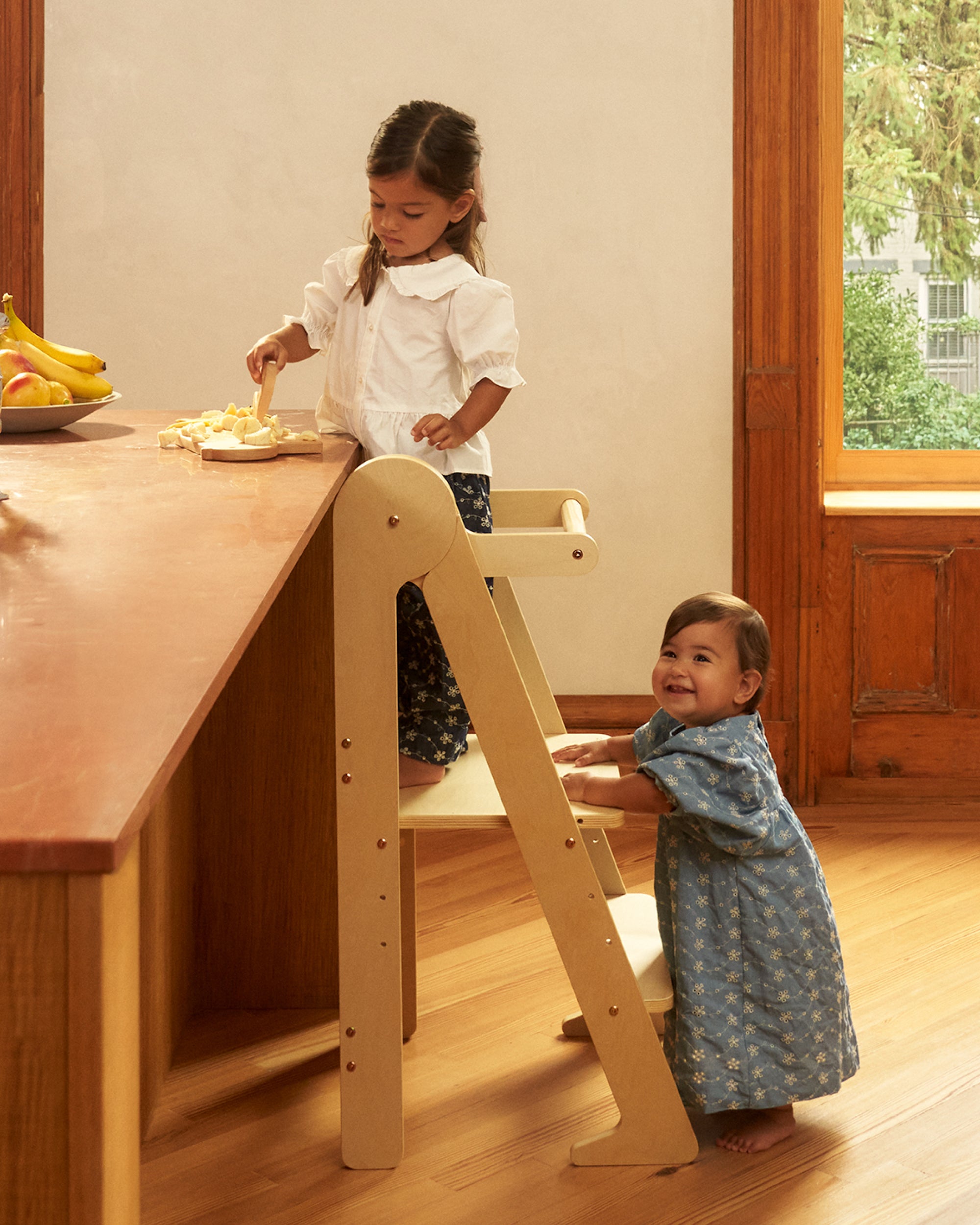
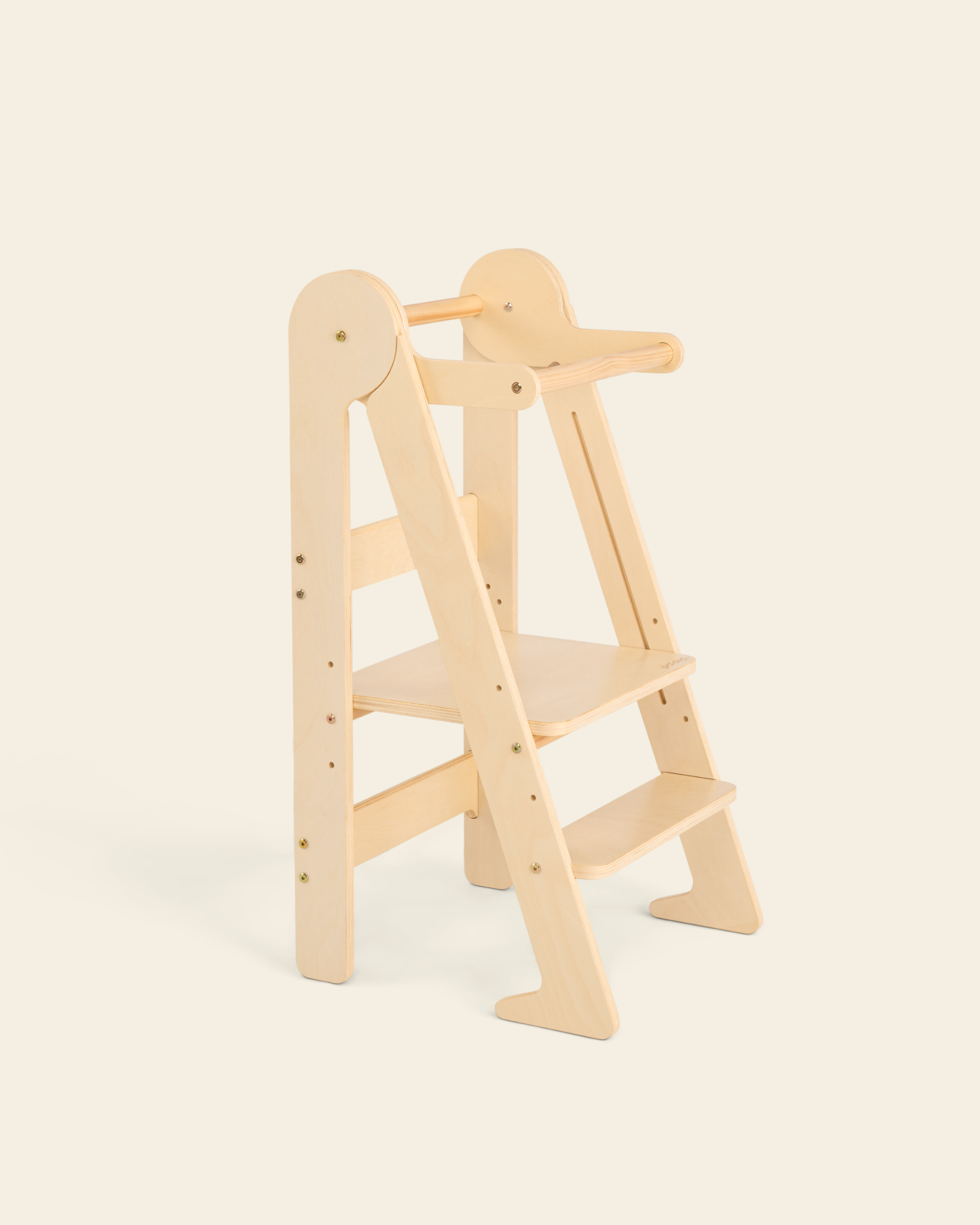


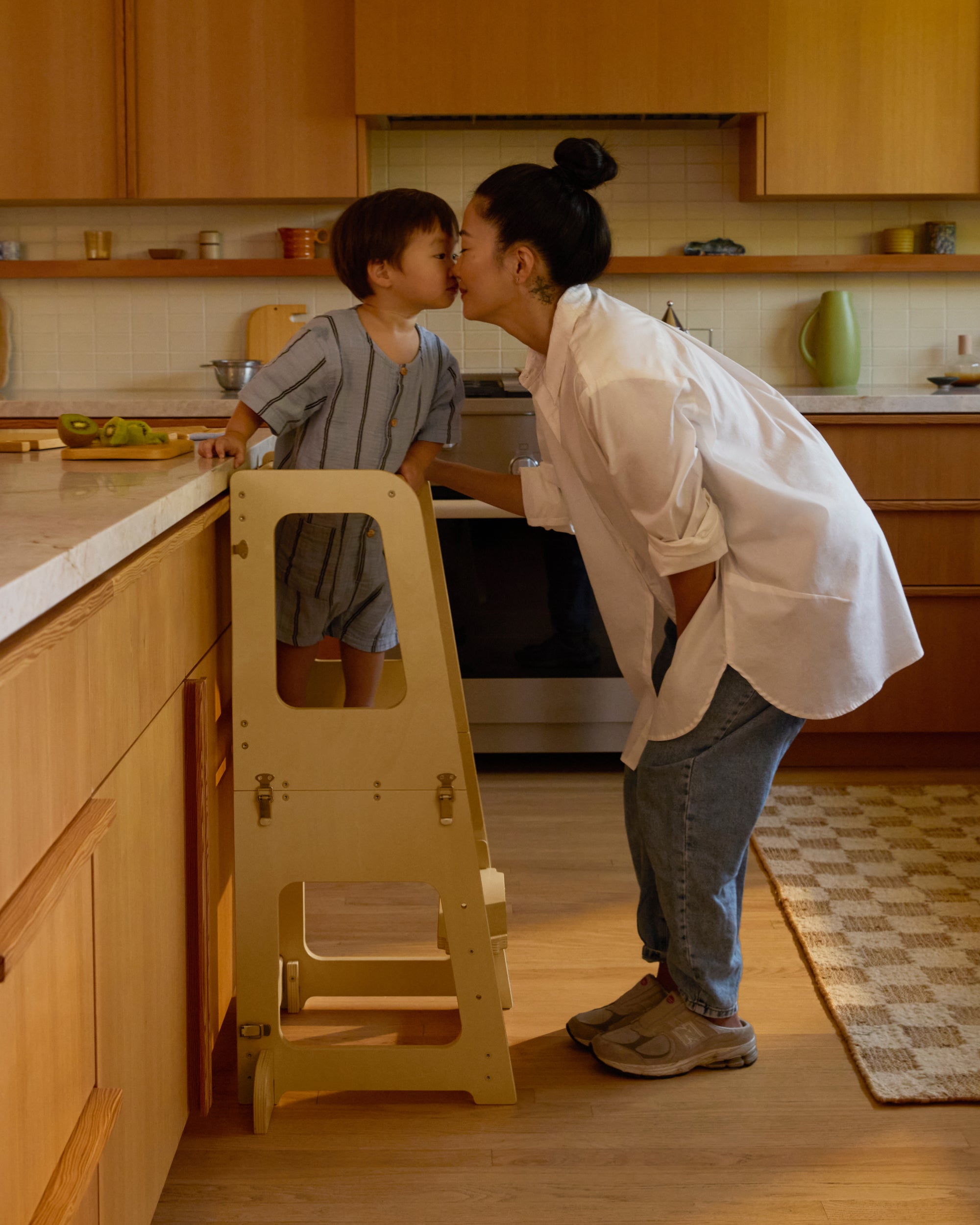
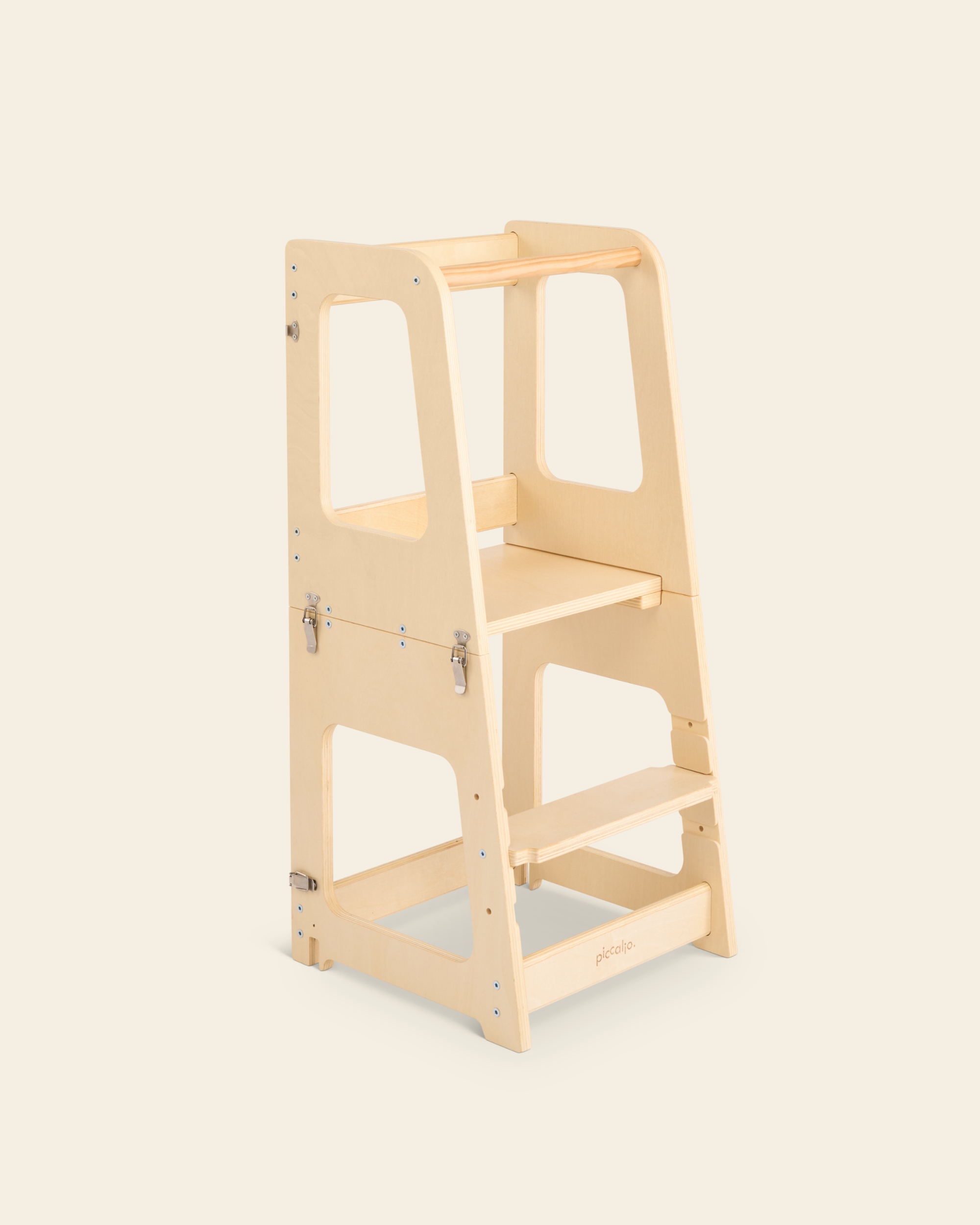
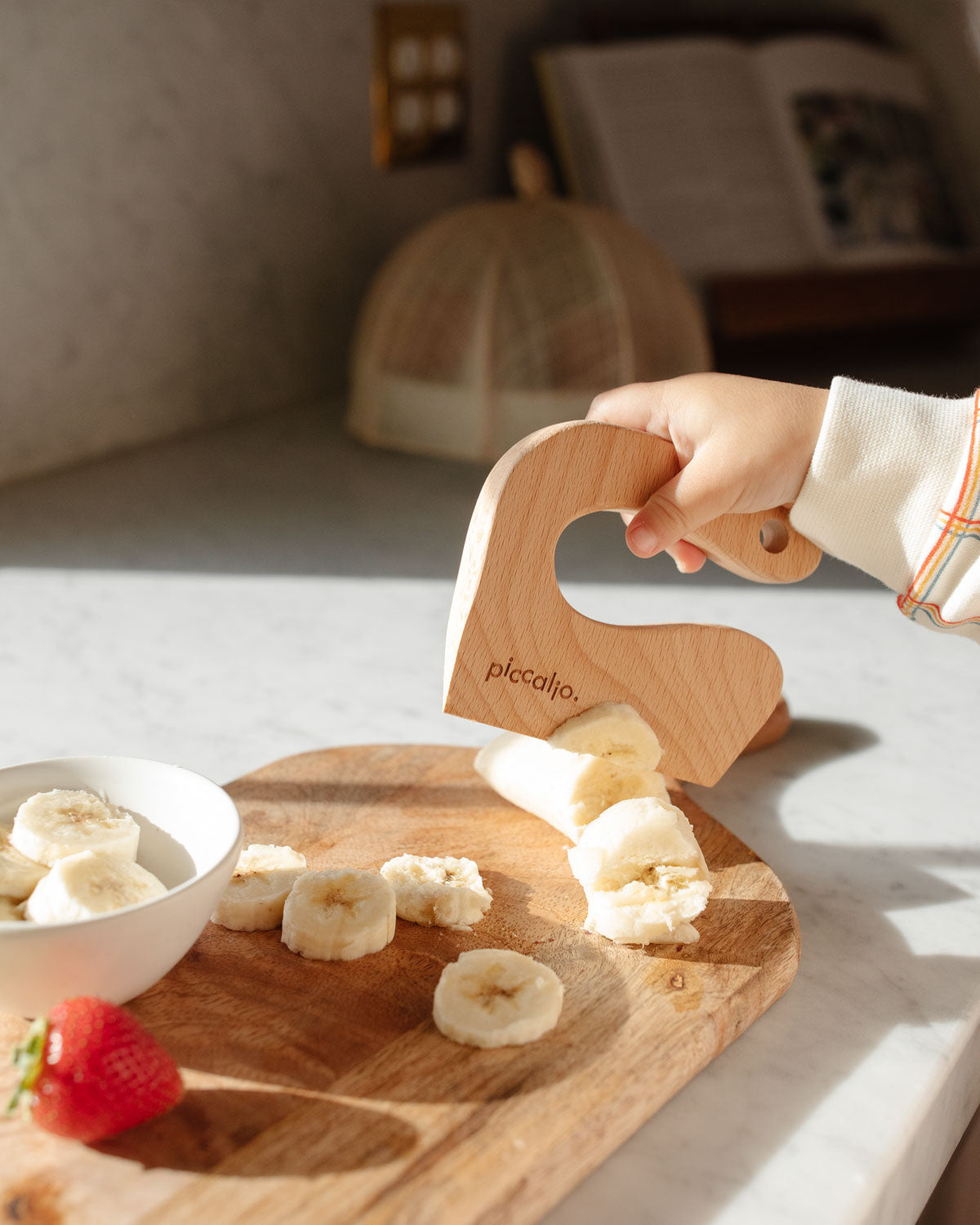

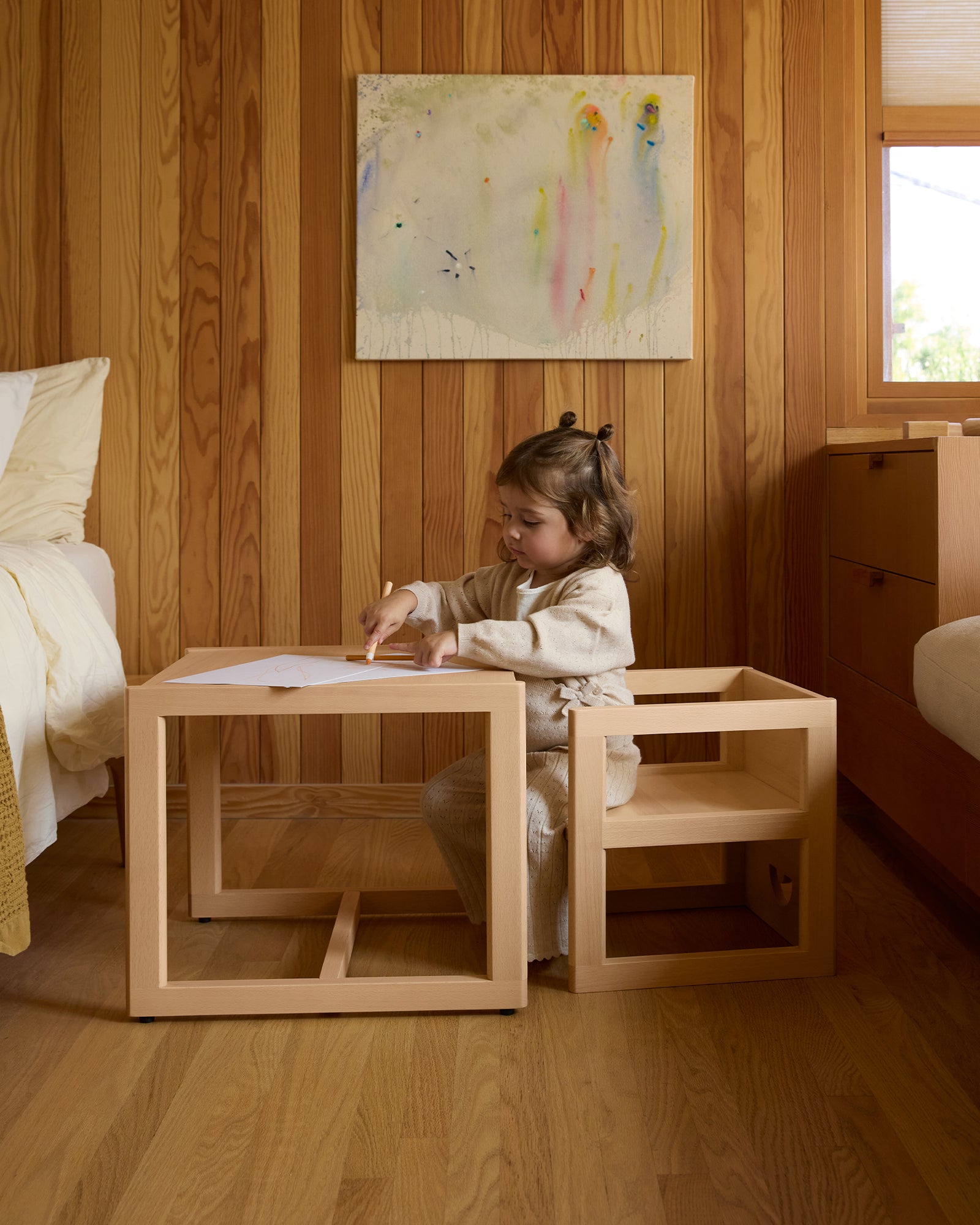
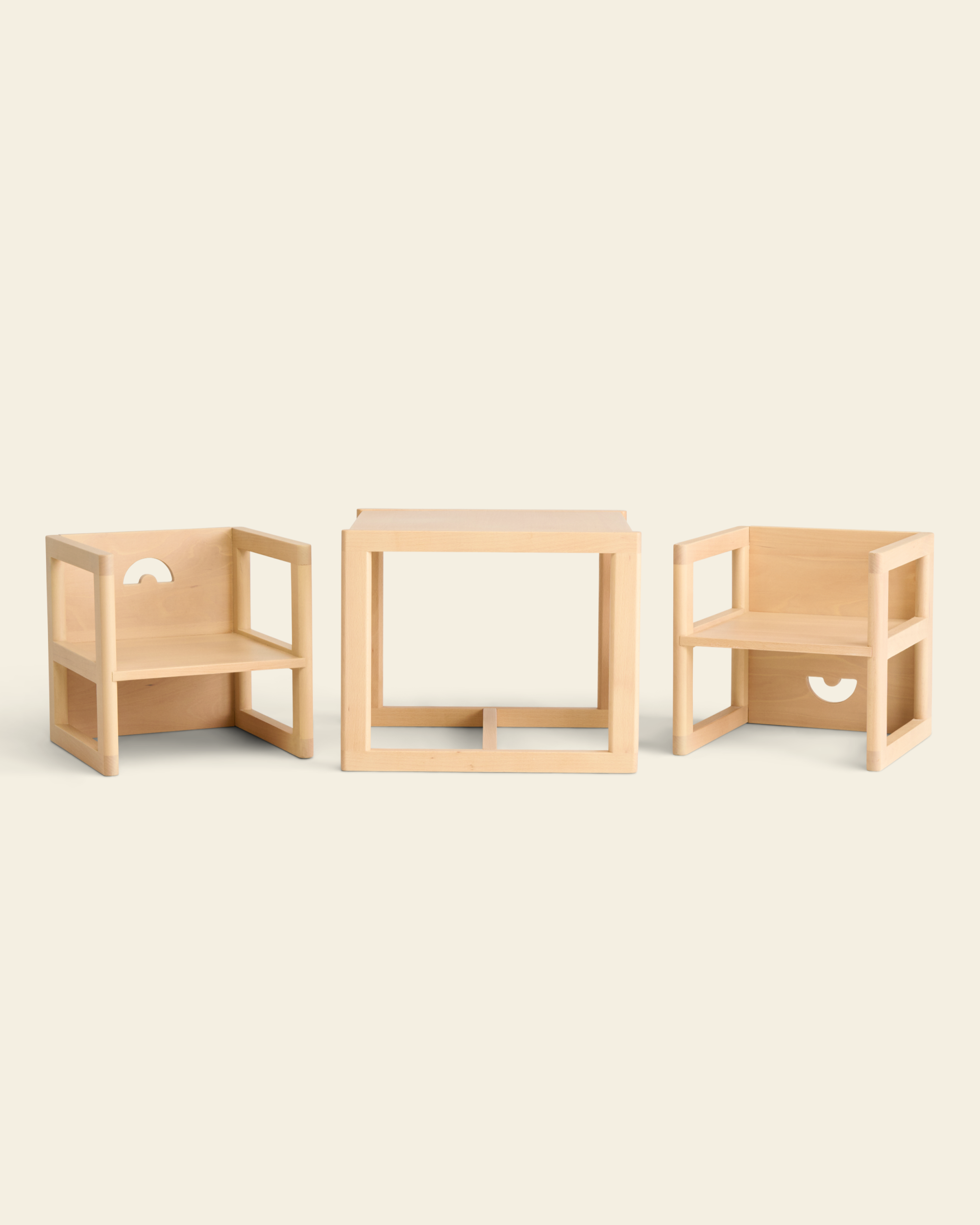
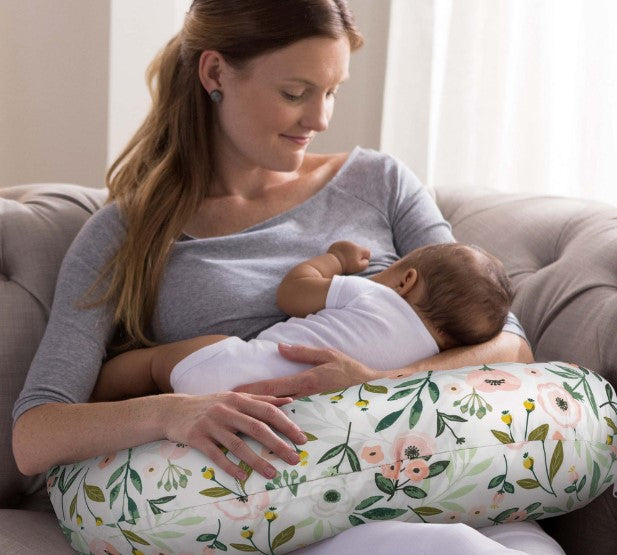
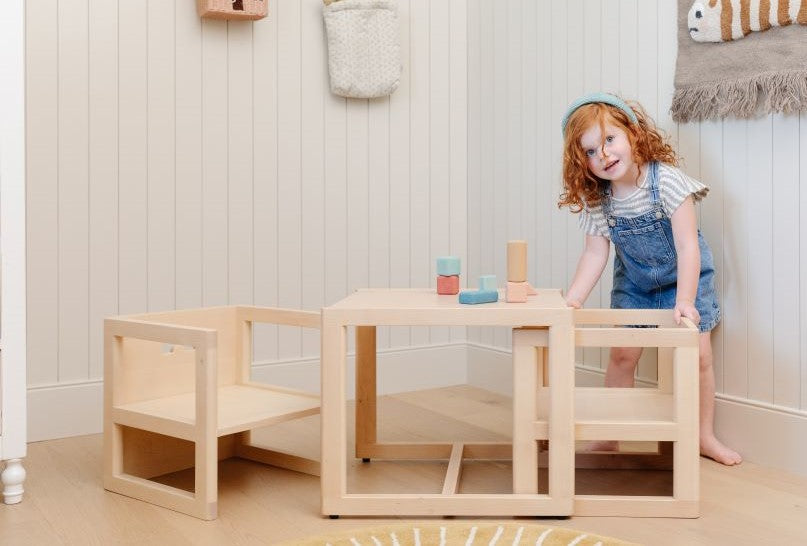
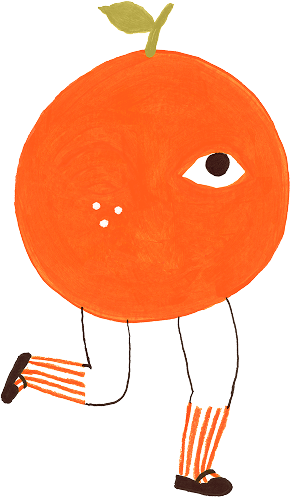

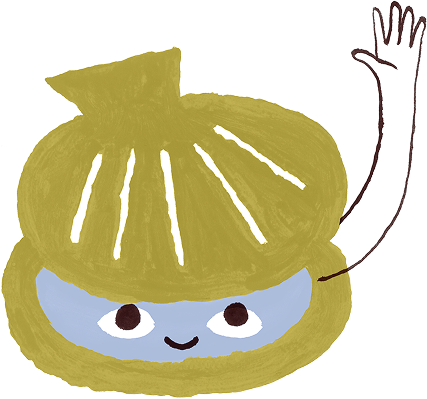
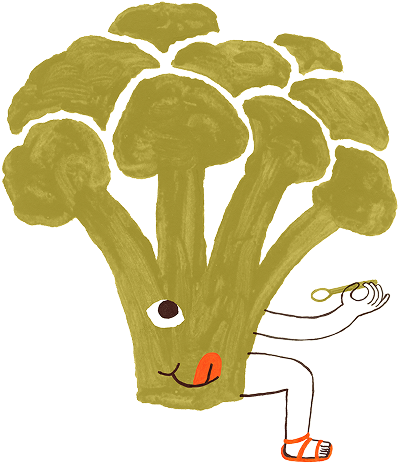
Leave a comment
This site is protected by hCaptcha and the hCaptcha Privacy Policy and Terms of Service apply.